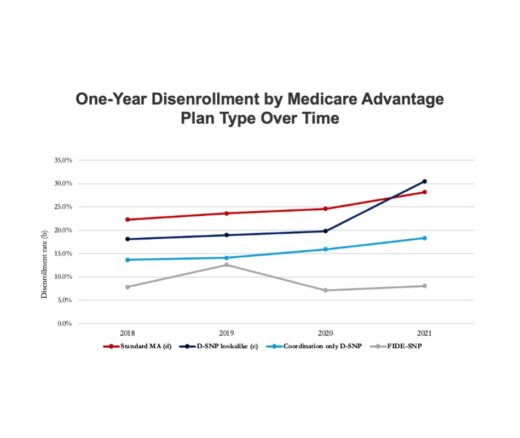
The Unseen Fallout of Abortion Bans
How Threatened Reproductive Rights Pushed More Pennsylvanians Toward Sterilization
Blog Post

In 2018, Pennsylvania became the first state to enact a universal statewide education savings account, investing $100 for every newborn with a goal of generating savings for education. But by 2021, only one in ten eligible families had claimed an account. With support from the LDI Small Grants Program, Senior LDI Fellows Chén Kenyon, George Dalembert, Judy Shea, and Brian Jennsen, and former LDI Fellow Zoe Bouchelle surveyed potential participants and found low awareness of the program, and even questions about whether it was legitimate.
A possible solution to boost enrollment? Clinic-based financial services.
Research has long established that educational attainment is associated with improved lifetime earnings and health outcomes and that the overrepresentation of people of color among those in poverty drives racial disparities in health status. Education savings accounts – typically 529 tax-advantaged savings accounts, often known as Children’s Development Accounts (CDAs) – have gained popularity in recent years as a policy lever: at least six other states in addition to Pennsylvania have implemented statewide universal CDAs.
Past research suggests that among low- and middle-income students, having any amount of savings (even less than $500) for higher education is associated with a three-times higher likelihood of enrolling in college than those with no savings. The deposit can grow through interest and additional investments and can be used to pay for 4-year universities, community colleges, technical schools, and some apprenticeship programs after the child turns 18.
When the Penn LDI team surveyed participants in Philadelphia pediatric primary care clinics – predominantly female (83%) and Black or African American (92%) caregivers of Medicaid-insured children – they found that fewer than a third (29%) were aware of the program. The rate of enrollment among the low-income caregivers surveyed was 4%, less than half the statewide average. Many caregivers who participated in interviews also reported barriers to engagement in the CDA program. Together, the results suggest that inequities affect uptake and that deliberate strategies are needed to spur low-income families to enroll in CDA programs.
Caregiver-highlighted barriers to engagement included confusion about the program’s structure, challenges navigating enrollment requirements, time and financial constraints, and, given the prevalence of financial scams, concerns about the program’s authenticity. Although the program is “universal,” it requires parents to enroll online and includes administrative barriers, such as the need to provide the child’s birth certificate number. Following the study, in response to caregiver concerns, the state added an alternative option to birth certificate number to make enrolling easier.
The study also aimed to examine whether caretakers would view medical clinic-based services as an effective strategy to boost enrollment. Sixty-four percent of respondents expressed interest in receiving clinic-based financial counseling, suggesting that pediatric clinics may be an avenue to engage families about unfamiliar programs like CDAs.
Clinic-based free financial services, often known as Medical Financial Partnerships (MFPs) are a growing strategy to improve both finances and health in part because health care is one of the only sectors that reaches the vast majority (90%) of families in the preschool years. Providing information about CDAs in this setting may help ease doubts about the program’s legitimacy, facilitate understanding of how it works, and overcome bureaucratic hurdles to participation.
In their paper, the authors highlighted the benefit of such programs to reduce poverty, stating that: “Because poverty exerts its strongest impact on health in the early years of a child’s life, practicing anti-poverty medicine within pediatric settings has the potential to reach families during a critical period.”
The study, “Low-Income Caregiver Perspectives on a State Education Savings Program and Receptivity to Clinic-Based Financial Counseling,” was published in August 2023 in Academic Pediatrics. Authors include Chen Kenyon, George Dalembert, Judy Shea, and Brian Jennsen.


How Threatened Reproductive Rights Pushed More Pennsylvanians Toward Sterilization

Abortion Restrictions Can Backfire, Pushing Families to End Pregnancies

They Reduce Coverage, Not Costs, History Shows. Smarter Incentives Would Encourage the Private Sector
Research Brief: Less Than 1% of Clinical Practices Provide 80% of Outpatient Services for Dually Eligible Individuals

New Findings Highlight the Value of 12-Month Eligibility in Reducing Care Gaps and Paperwork Burdens

Chart of the Day: Fully Integrated D-SNPs Kept These Vulnerable Patients Enrolled, a New Study Finds